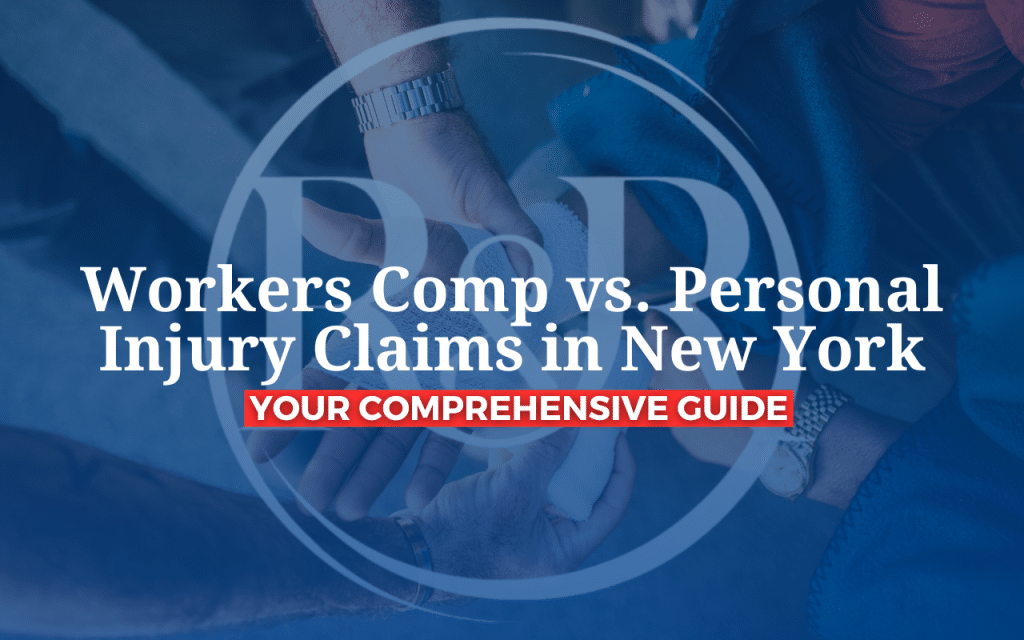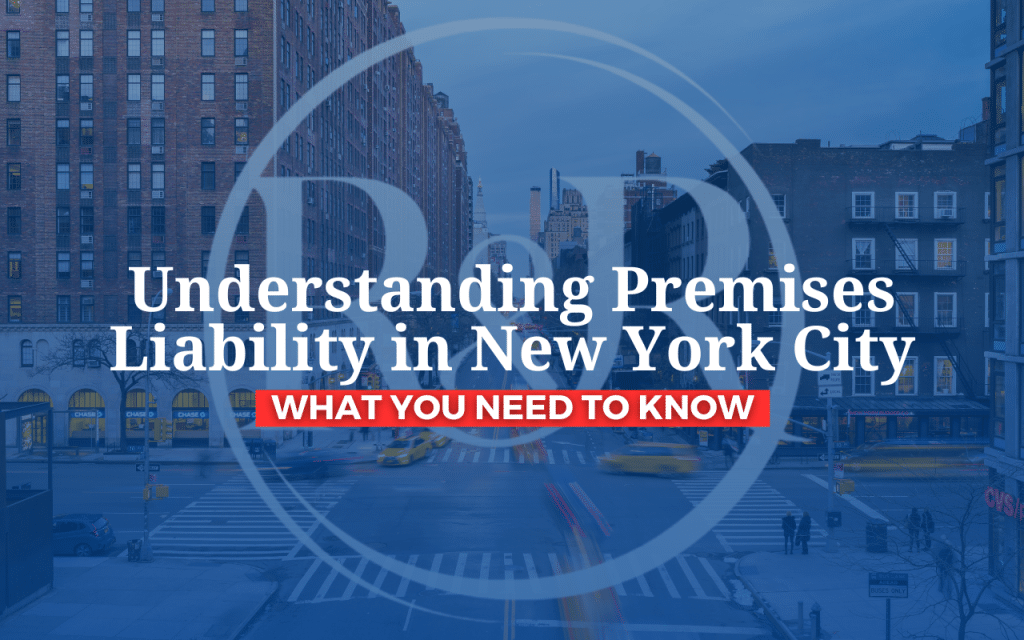Navigating the complex world of personal injury settlements while being a recipient of Supplemental Security Income (SSI) and Medicaid can be daunting. If you’re wondering, “Can I lose SSI and Medicaid if I receive a personal injury settlement?” you’re not alone. Many individuals in similar situations have the same concern. This blog aims to provide a comprehensive understanding of how personal injury settlements can impact your eligibility for these essential government benefits.
Understanding SSI and Medicaid
What is SSI?
Supplemental Security Income (SSI) is a federal program that provides financial assistance to individuals with limited income and resources, who are aged, blind, or disabled. SSI is a needs-based program, meaning that eligibility hinges on your financial situation. Unlike Social Security Disability Insurance (SSDI), which is based on your work history, SSI requires you to meet specific income and resource limits.
What is Medicaid?
Medicaid is a joint federal and state program that provides health insurance to individuals and families with low income. Eligibility varies from state to state, but it generally covers children, pregnant women, elderly adults, and people with disabilities. For many, Medicaid is the only way to afford essential healthcare services, including doctor visits, hospital stays, long-term medical care, and more.
The Impact of Personal Injury Settlements on SSI and Medicaid
How Settlements Affect SSI
Receiving a personal injury settlement can jeopardize your SSI benefits because the program has strict income and resource limits. The Social Security Administration (SSA) considers most types of settlements as income. Here’s a breakdown of how it works:
- Income Limits: For 2023, the maximum federal benefit rate (FBR) for an individual is $914 per month, and $1,371 for a couple. Any income received, including settlements, can reduce your SSI benefits dollar for dollar.
- Resource Limits: SSI has a resource limit of $2,000 for an individual and $3,000 for a couple. Resources include cash, bank accounts, stocks, real estate, and other assets. A personal injury settlement exceeding these limits could make you ineligible for SSI.
How Settlements Affect Medicaid
Medicaid eligibility is also based on financial need, but the rules can vary by state. Generally, if your income or resources exceed the allowed limits, you could lose Medicaid coverage. Since Medicaid eligibility often ties in with SSI eligibility, losing SSI benefits due to a settlement could also mean losing Medicaid.
Strategies to Protect Your SSI and Medicaid Benefits
Special Needs Trusts (SNT)
One effective strategy to protect your SSI and Medicaid benefits is to establish a Special Needs Trust (SNT). An SNT allows you to place the settlement funds in a trust that won’t count as an asset for SSI and Medicaid eligibility purposes. Types of SNTs include:
- First-Party SNT: Funded with the beneficiary’s own assets, such as a personal injury settlement. The trust must be established before the beneficiary turns 65 and have a Medicaid payback provision upon the beneficiary’s death.
- Third-Party SNT: Funded with assets from someone other than the beneficiary, like a family member. This type of trust does not require a Medicaid payback provision.
Pooled Special Needs Trusts
Pooled Special Needs Trusts are managed by nonprofit organizations and can be a cost-effective option for individuals who may not have enough funds to justify a standalone SNT. By pooling resources with other beneficiaries, you can still enjoy the benefits of a trust while minimizing administrative costs.
Spend-Down Strategies
Another approach is to “spend down” the settlement funds on exempt resources. Exempt resources are assets that do not count towards SSI and Medicaid eligibility limits. Examples include:
- Home Improvements: Making necessary repairs or modifications to your home to accommodate a disability.
- Medical Equipment: Purchasing medical devices, such as wheelchairs, hearing aids, or other assistive technology.
- Vehicle: Buying or modifying a vehicle for transportation needs.
- Prepaid Funeral and Burial Expenses: Setting aside funds for future funeral and burial costs.
By spending down the settlement funds on exempt resources, you can reduce your countable assets and maintain eligibility for SSI and Medicaid.
Case Study
Scenario
Imagine Jane, a 45-year-old woman with a disability who receives both SSI and Medicaid. Jane is involved in a car accident and receives a $100,000 personal injury settlement. She relies on her SSI benefits for monthly living expenses and Medicaid for medical care. Jane is concerned about losing her benefits due to the settlement.
Solution
Jane consults with Rosenberg & Rodriguez, a personal injury law firm experienced in handling cases involving government benefits. The firm advises Jane to establish a First-Party Special Needs Trust. By placing the settlement funds into the trust, Jane ensures that the $100,000 will not count as a resource for SSI and Medicaid eligibility purposes.
Outcome
Jane continues to receive her SSI benefits and Medicaid coverage while having access to the settlement funds through the SNT for her supplemental needs.
Legal Assistance and Guidance
Navigating the intersection of personal injury settlements and government benefits can be complex, and mistakes can have serious consequences. Consulting with an experienced personal injury attorney who understands the nuances of SSI and Medicaid regulations is crucial.
At Rosenberg & Rodriguez, we are dedicated to helping our clients protect their benefits while securing fair compensation for their injuries. Our team will guide you through every step of the process, from negotiating settlements to setting up Special Needs Trusts or implementing spend-down strategies.
Understanding the Nuances
Lump-Sum vs. Structured Settlements
When receiving a personal injury settlement, you have the option of receiving a lump-sum payment or structured settlement. A lump-sum payment provides the entire settlement amount at once, while a structured settlement spreads the payments over a period of time. Each option has its pros and cons:
Lump-Sum:
Pros:
- Immediate access to the full settlement amount.
- Greater flexibility in managing funds.
Cons:
- Potential loss of SSI and Medicaid benefits if not managed properly.
- Higher risk of overspending.
Structured Settlement:
Pros:
- Provides a steady stream of income over time.
- Can be tailored to meet future needs, such as ongoing medical expenses.
Cons:
- Limited access to funds in case of emergencies.
- May still impact SSI and Medicaid eligibility depending on the payment amounts.
Your attorney can help you determine the best option based on your individual circumstances and long-term financial goals.
Reporting Requirements
It’s essential to report any changes in your financial status, including personal injury settlements, to the SSA and Medicaid office. Failure to do so can result in overpayments, penalties, and loss of benefits. Your attorney can assist you in reporting the settlement and implementing strategies to protect your eligibility.
Contact Rosenberg & Rodriguez Today For More Information
Receiving a personal injury settlement can significantly impact your SSI and Medicaid benefits, but with careful planning and the right legal guidance, you can protect your eligibility while enjoying the compensation you deserve.
At Rosenberg & Rodriguez, we understand the challenges you face and are committed to helping you navigate this intricate process. Whether you need assistance with setting up a Special Needs Trust, implementing a spend-down strategy, or deciding between a lump-sum and structured settlement, our experienced team is here to support you.
If you’re concerned about how a personal injury settlement might affect your SSI and Medicaid benefits, don’t hesitate to reach out. Contact Rosenberg & Rodriguez today to schedule a consultation and learn how we can help you secure your financial future while maintaining your essential benefits.




